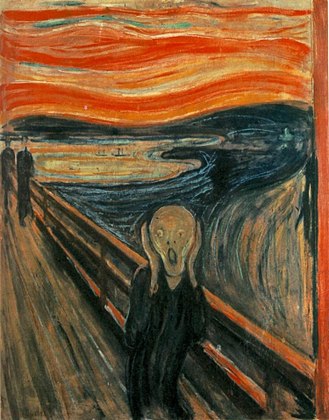As mentioned in Philip K. Dick’s novel, Do Androids Dream of Electric Sheep?, it was rather difficult to distinguish and keep track of whether a character was an android. The modern world is almost completely dominated by multiple forms of technology. Throughout Dick’s novel, Dick allows the reader to differentiate characters between android and human based solely on the characteristics that they embody. Humans are considered normal since they possess characteristics such as the ability to feel empathy towards others, value animals, and have enough intelligence in order to pass the IQ test as well as their ability to reproduce. It is empathy that decides the life or death of a character based on their response to the Voigt-Kampff test. If you did not react to a question within a certain amount of time, you were considered an android. However, the line between humans and androids drew closer when Rachel Rosen’s reaction to the Voigt-Kampff test hinted that she felt empathy towards other androids. Furthermore, it is realized that androids are able to feel empathy and that empathy could no longer be the deciding factor between humans and androids.
Almost every aspect of our lives is done through it. People constantly text on their phones, use social media through their computers, and talk to voice recordings when trying to fix a problem after calling a company. This generation is so obsessed with technology, that many of us would not know how to act without it. Technology today helps us perform day-to-day tasks in a simpler way and accomplish a lot more in shorter periods of time than just ten years ago. As we become more and more dependent on it, it continues to develop in intricacy. Soon, humans might not be needed to perform the same tasks that they do now due to technology’s demand. Tools that have been installed in factories have replaced human workers as early as 1760, when the Industrial Revolution began because they are deemed stronger, faster, and smarter than the average human. As technological features, as well as medical advances, continue to grow, it may become increasingly more difficult to separate the human features from the technological features. An example would be if a soldier that repeatedly keeps getting injured on the battlefield. He/she loses one arm, the other arm, then both legs only to have each of them replaced by mechanical arms and legs.
If the soldier were to continue replacing his body parts with technological parts, at what point can the soldier be no longer classified as human? There is now a sense of uneasiness when you call a company and talk to whomever you think is a human worker only to find out it was an automated prompt. What if robots and humans become so much alike that we would be unable to distinguish the two races apart?

